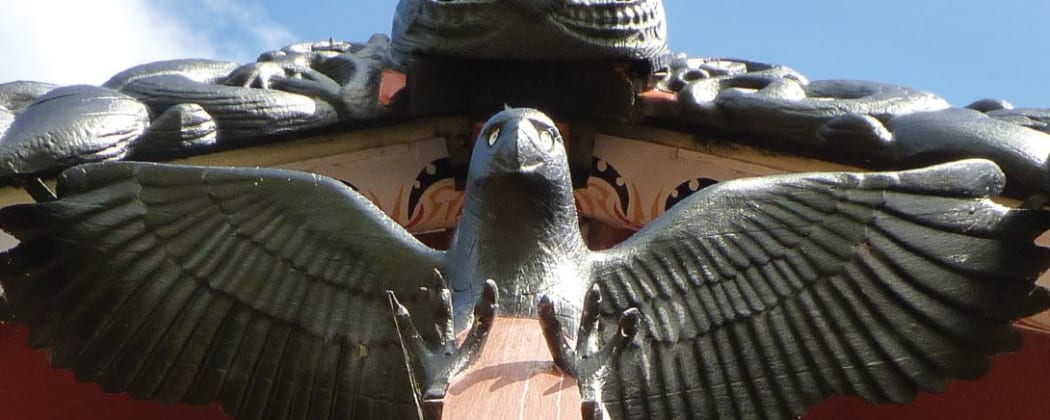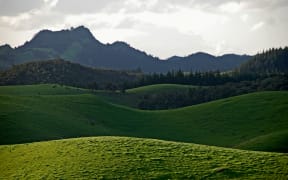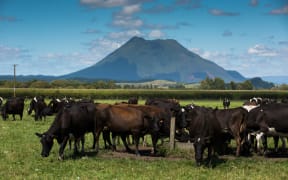Iwi investments in farming, fishing and land are paying off, with 31 iwi and hapū receiving an average return of 8.2 percent on their assets, according to a new report.

Photo: SUPPLIED
ANZ's annual Te Tirohanga Whānui, which provides a snapshot of the Māori business sector, found iwi are a good option for New Zealand businesses because they liked to invest locally.
The report focussed on 31 post-settlement iwi and hapū, which included iwi that had recent settlements, such as Ngāti Mākino and Ngā Hineuru.
ANZ's head of Māori relationships, David Harrison, said Māori businesses thrived because they had broader objectives than just making a profit.
He said it was more of a means to an end and "they're focused on social, culture and environmental change".
Many iwi have a focus on environmental sustainability and are in relationships with local authorities to protect natural resources while others are also concentrating on social issues, such as Ngāti Whātuā, who has invested in a housing development for its people.
Nearly half the the 31 iwi and hapū had their investments in land and many had a tendency to hold on to it and never sell.
Land was the essence of the Waikato-Tainui settlement following the first Māori King Tāwhiao's words; "Ka riro whenua atu, me hoki whenua mai", which translated as: 'As land was taken, land should be given back'.
It was now estimated that the Māori economy was worth $50 billion, although Māori often received criticism over how they used their funds.
The ANZ Te Tirohanga Whānui report has worked out each iwi member had an asset wealth of $9000.
The report showed of the 31 iwi, most were aiming for a single commercial entity to manage all their commercial assets.
Two-thirds of the Post-Settlement Governance Entities (PSGE) are Māori Authorities, and roughly one-third are charities with the charitable subsidy.





